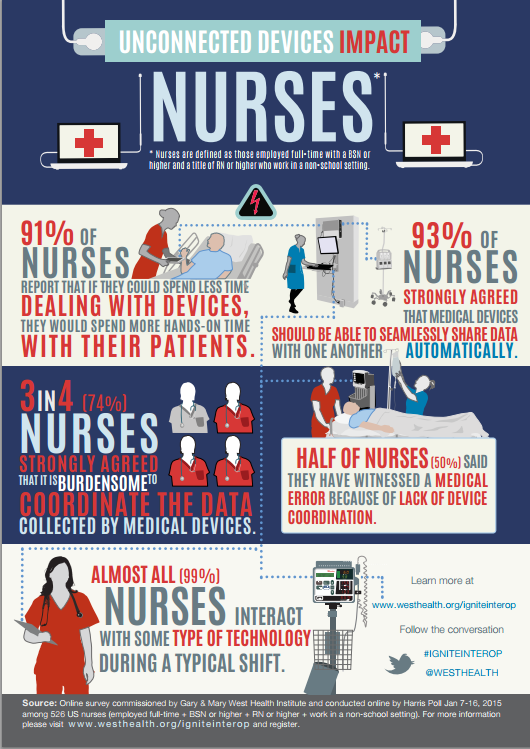Report: Hospitals Who Want to Collect Fees should Provide Better Cost Estimates
Historically hospitals have not really had to worry about collect directly from patients. On average patient cost-sharing is only about 3% when patients enter the hospital. Health care providers generally focus on insurance reimbursement. Maybe that is changing with the growing prevalence of high deductible plans. Now hospital patients can potentially owe several thousand dollars depending on whether they’ve met their deductibles and their cost-sharing arrangements.





